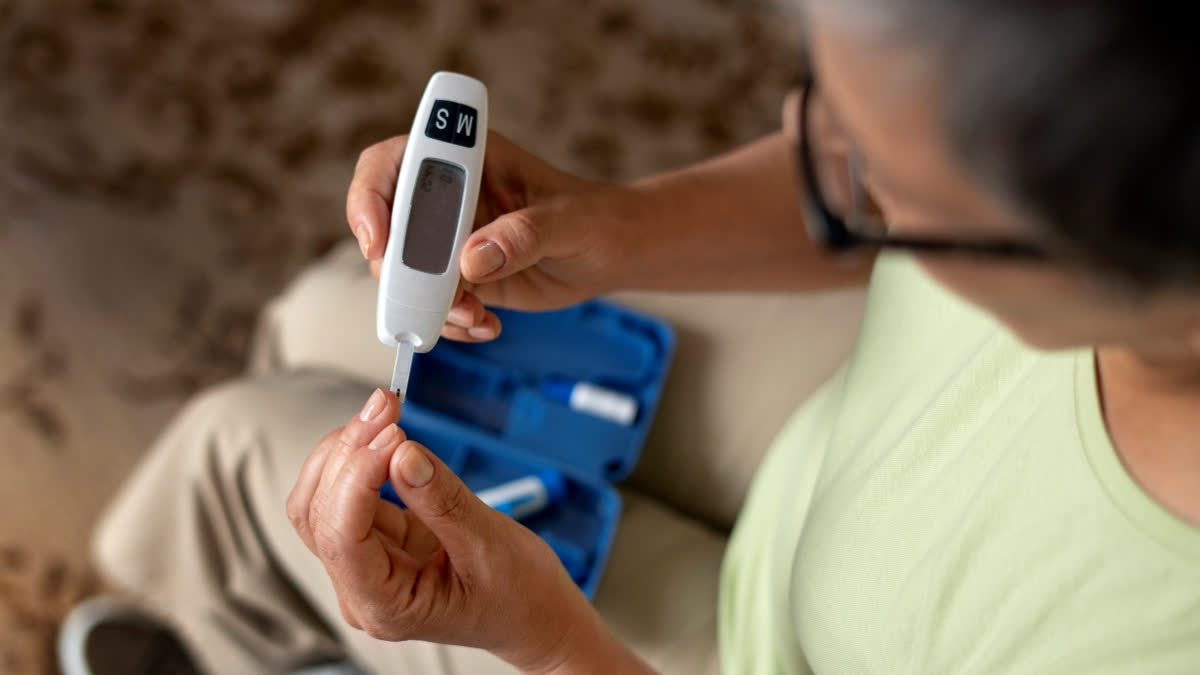Dehydration occurs when your body loses more fluid than it takes in, making it difficult for the body to function properly. For people with diabetes, this is particularly dangerous because they are at a higher risk of dehydration. India had over 121 million diabetics in 2021, according to an Indian Council of Medical Research study. "Staying hydrated is especially important for diabetic patients as it helps maintain normal body temperature, regulate fluid balance, act as a channel to carry nutrients and waste products, and act as a lubricant and shock absorber," says Dr. Abdul Majid Khan, Consultant Physician and Diabetologist at Olive Hospital, Hyderabad. "Dehydration in persons with diabetes can lead to various complications, including kidney problems," adds Dr. Khan.
How diabetes affects fluid balance
Diabetes affects how the body’s hormones regulate thirst and fluid balance. However, in diabetics, these hormones do not function properly, making it harder for the body to maintain a healthy fluid balance. Additionally, Dr. Khan says high blood sugar levels can lead to increased urination, which further contributes to dehydration.
Why electrolytes are important
A study published in the Journal of the Association of Physicians of India (JAPI) mentioned that patients with type 2 diabetes mellitus (T2DM) are prone to dehydration and electrolyte abnormalities. It emphasised the importance of fluids that contain electrolytes and optimal energy content to effectively address dehydration. "Electrolytes like sodium, potassium, and magnesium play a vital role in maintaining fluid balance and supporting the proper functioning of muscles and nerves. When fluids are lost, these electrolytes also need to be maintained for overall health," warns Dr. Khan.
Replacing fluid loss in Diabetics
Diabetics often lose fluids through excessive sweating or frequent urination, which makes it crucial to replace lost water and electrolytes. Water alone may not be enough — electrolyte-rich drinks are a better solution because they help replenish not only fluids but also some vital electrolytes. "Ready-to-drink (RTD) electrolyte solutions are a convenient option to maintain hydration with certain options available with low sugar, which is especially important for people with diabetes."
Signs of dehydration
It's important for diabetics to know the signs of dehydration. Early symptoms include thirst, dry mouth, dark urine, dizziness, and fatigue. "If dehydration becomes severe, it can lead to confusion, sunken eyes, and an increased heart rate. Severe dehydration can be life-threatening if not addressed quickly. Recognizing these signs and taking action early can prevent serious complications," suggests the doctor.
